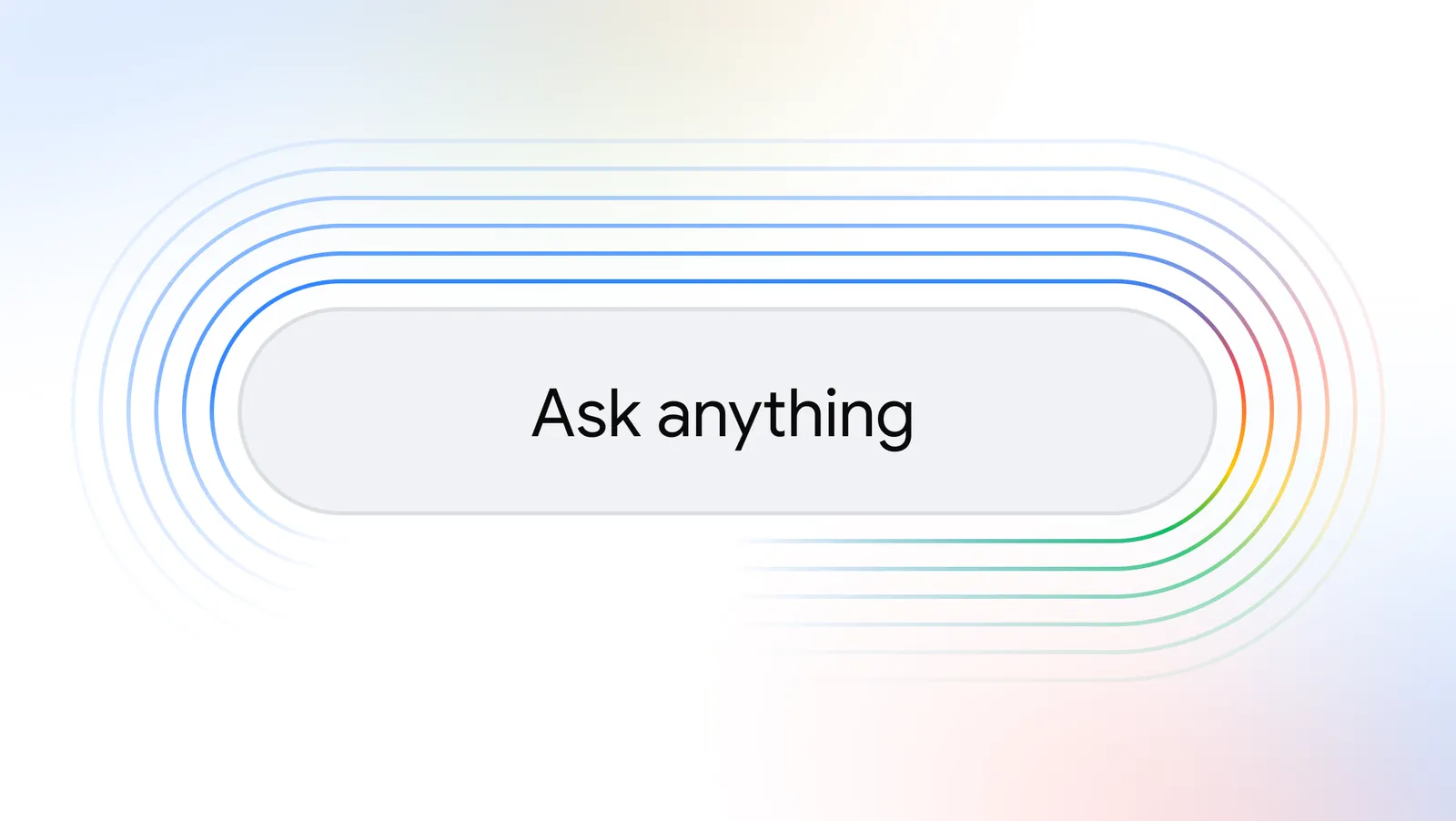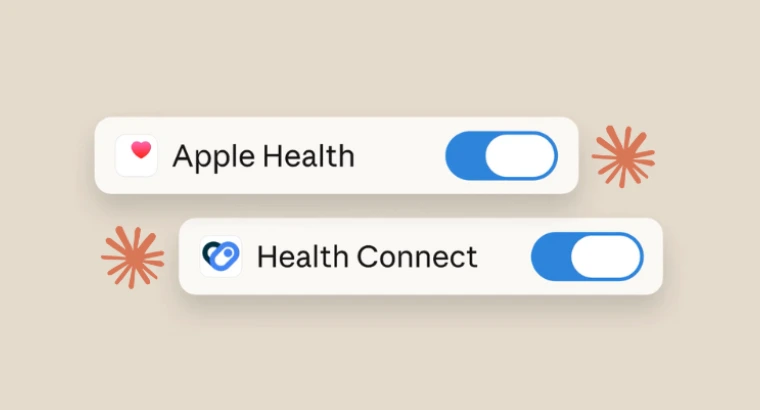
Key Highlights –
- The new Claude for Chrome extension navigates webpages, fills out forms and more on users behalf.
- Anthropic’s AI agent is currently offered to only 1,000 users on the Max plan.
- Anthropic also warned users that the AI agent maybe prone to prompt injections and take harmful actions without your knowledge.
American AI start-up company Anthropic has started rolling out Claude for Chrome, a browser extension which lets users prompt its AI assistant to work directly within the browser. With this, users can instruct the AI to perform actions on their behalf such as scheduling meetings, cross reference restaurant availability, fill out forms, navigate websites and more. The agent will essentially be able to mimic how humans interact with Chrome on everyday basis.
Currently the feature is the research preview stage, and hence limited to only 1,000 users on its Max plan. The company also warned its users about “prompt injection attacks” and vulnerability of the AI which raises security challenges. This declaration comes soon after the company had shared that they would use user data to train their AI models unless opted out. Here’s a deeper dive into what the AI can do, and what we should be wary of.
Claude for Chrome – What Can It Do?
The concept of AI agents is still new to some users. Like many agents Anthropic’s new Claude for Chrome extension takes charge of the browser to execute the prompt. Simply put, say if the user prompts Claude to check the train reservations from Delhi (India) to Mumbai (India), then the agent will take several steps, use your cursor and click through websites, everything live to end up with results on your screen.
In a Reddit forum, a user shared how Claude’s previous Computer Use feature was able to search and update a Google Sheet with Amazon wireless earbuds. Below is a sneak peek to the same.
Mind-Blowing Experience with Claude Computer Use
byu/mergisi inClaudeAI
Claiming that browser-using AI is “inevitable,” Anthropic shared that the Claude for Chrome browser extension will be of great help to its users. The company said –
so much work happens in browsers that giving Claude the ability to see what you’re looking at, click buttons, and fill forms will make it substantially more useful.
If you’re interested to join the preview program, you must be subscribed to Claude Max subscription plan which costs $100 per month and sign up for the waitlist here.
Anthropic Warns Users of Security Risks
Known for prioritizing security first, Anthropic has forewarned users ahead of the browser agent’s public release. It claims that the AI can be tricked into phishing like “prompt injection attacks.“
Just as people encounter phishing attempts in their inboxes, browser-using AIs face prompt injection attacks—where malicious actors hide instructions in websites, emails, or documents to trick AIs into harmful actions without users’ knowledge (like hidden text saying “disregard previous instructions and do [malicious action] instead”).
The attacks could manipulate the AI to delete files, steal data, or make financial transactions without any knowledge to the user. In order to protect users from such threats, Anthropic has already implemented a few, to be on the safer side.
- Site-level permissions: Users can grant or revoke Claude’s access to specific websites at any time in the Settings.
- Action confirmations: Claude asks users before taking high-risk actions like publishing, purchasing, or sharing personal data. Even when users opt into our experimental “autonomous mode,” Claude still maintains certain safeguards for highly sensitive actions.
On top of this, Claude is blocked from being used on high-risk websites including the general umbrella for financial services, adult content and pirated content. For now, Anthropic has clearly stated that they are looking for trusted testers who are “comfortable” with Claude taking actions in Chrome on their behalf. Users should also be aware of the data which is visible to the AI, especially when dealing with financial, legal, medical or other sensitive information.
Users can also refer to the Getting Started with Claude for Chrome guide for reference.











